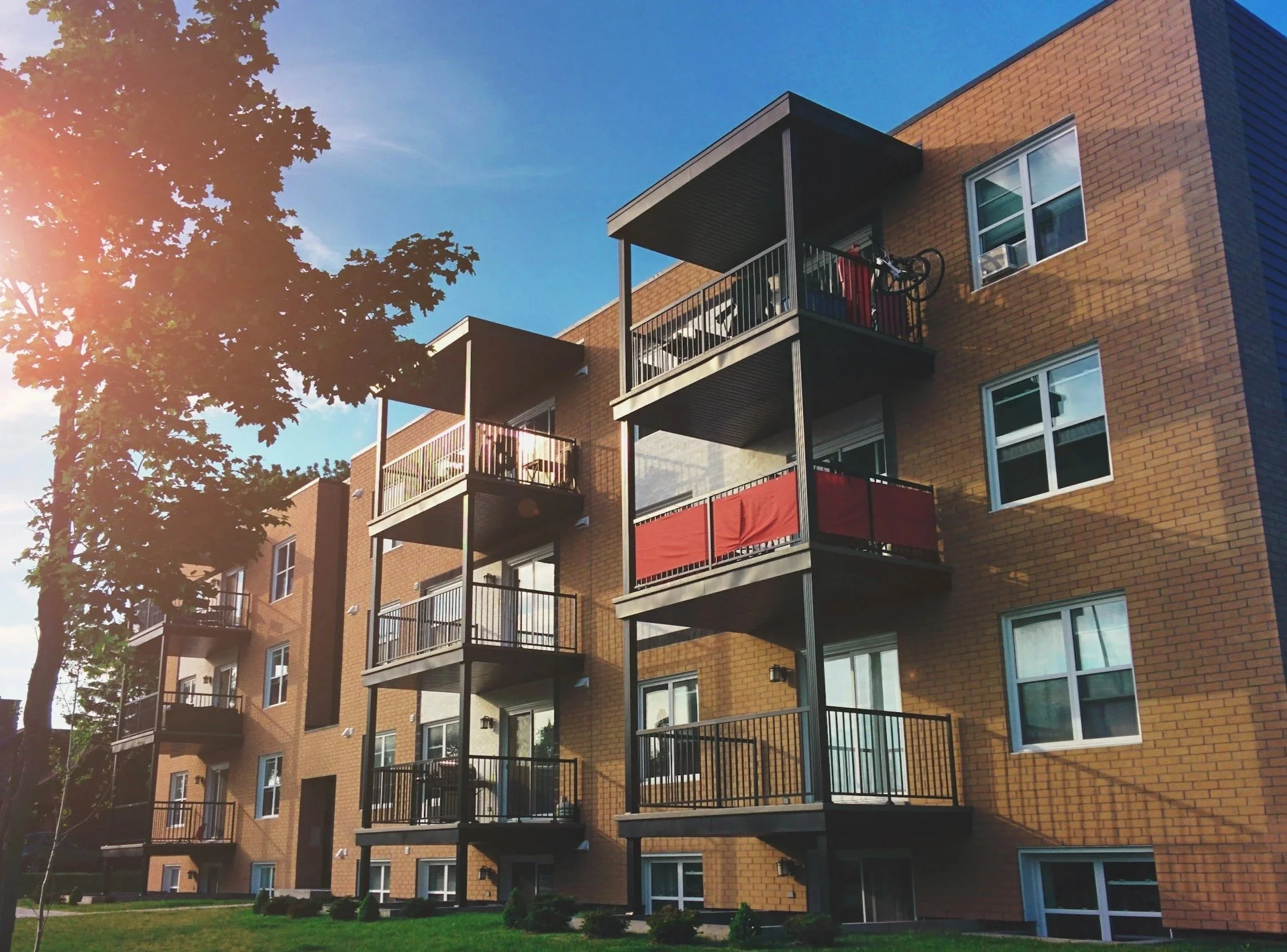Labor, Wages, and the Working Unhoused: When Employment Isn’t Enough
As we recently marked Labor Day, it’s important to recognize a rapidly evolving crisis: employment no longer guarantees housing stability. Across the country and right here in Omaha, more and more people are working full-time, even multiple jobs, and still cannot afford a safe, affordable place to live.
Nationwide, between 40% and 60% of people experiencing homelessness are employed. However, the blend of wages, household size, and living expenses, these hardworking neighbors often cannot keep up with their rent. Circumstances like medical expenses, caring for a family member, childcare costs, and other outside factors impact households facing housing insecurity the hardest.
One couple recently shared their story: despite both working — one at Amazon, the other in landscaping — they live in a camper with no running water because housing costs have pushed them out of the rental market.
Affordable Housing: housing for which the occupant(s) is/are paying no more than 30 percent of his or her income for gross housing costs, including utilities. (HUD)
These stories are becoming increasingly common. Even with assistance, many working families cannot find or maintain housing because the cost of rent has outpaced wage growth by more than 300% in the past few decades. This leads some people to living in hotels which does not provide the securities one has as a renter.
What’s Driving the Rent Crisis in Omaha?
Omaha has typically been seen as an affordable place to live, but that reputation is quickly changing. In the past five years:
The average rent has risen ~25%, reaching about $1,285 per month
Studio apartments alone are up 45% (since 2014), averaging $955 per month; one-bedroom units now average $1,100; with two-bedrooms averaging $1,500
These increases are caused by a variety of factors. For example:
New housing construction tends to be market-rate, not affordable housing
Operating costs (taxes, insurance, maintenance) are rising
Corporate investors are buying up rental properties and increasing rents
The Value of Labor
All of this contributes to a painful reality: many working people in Omaha, and nationwide, are one rent increase away from losing their housing. Full-time jobs that used to offer stability now cover only the basics. Therefore, more families, seniors, and single adults are now living paycheck to paycheck. This includes people in professions that our community relies on like first responders, teachers, healthcare workers, sanitary professionals, etc.
Without meaningful wage growth or expanded access to affordable housing, this crisis will continue to grow. Labor Day should be a celebration that recognizes the labor of all throughout our community — but in today’s housing landscape, we must also acknowledge the disconnect between hard work and the ability to meet our basic needs.

